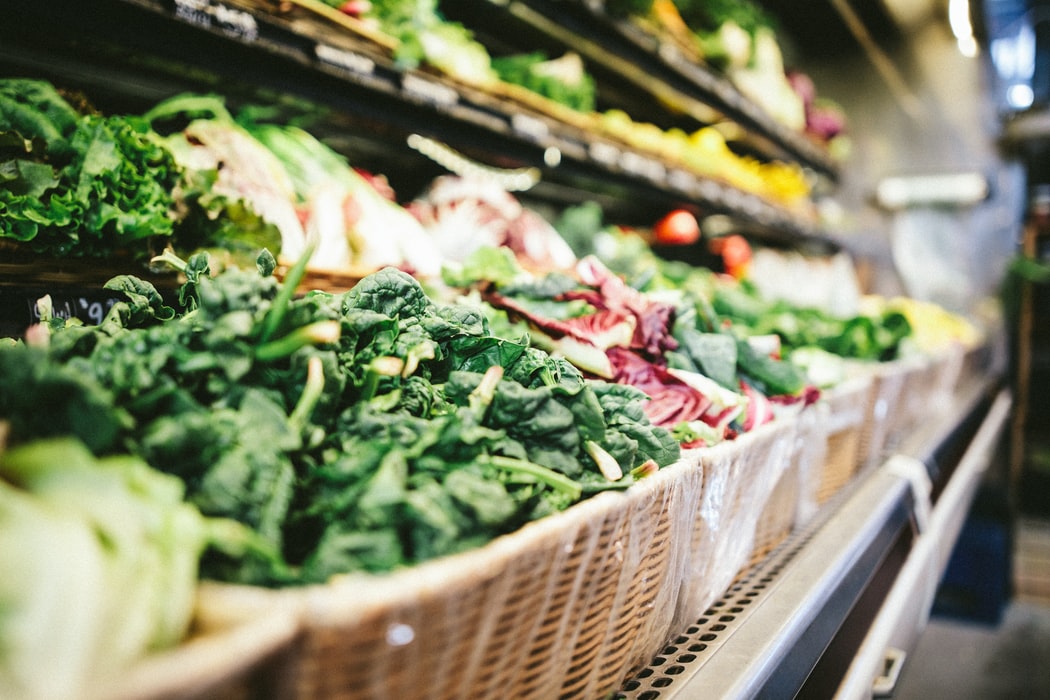
ABOUT THE PROJECT
The Rural Facilitator project is funded by the European Commission´s Erasmus + programme. The project started in November 2019 and lasts for 2 years. The main aim of the project is to explore the possible ways on how to generate the position of a so-called rural facilitator and to develop the necessary learning materials and training tools to train individuals who intend to take under this new profession in their career.
Project reference number: 2019-1-CZ01-KA202-061270
The project is realized by international partners with various backgrounds (see more in the section “Partners”)
Project phases
1. 11. 2019 - 31. 3. 2020
IO1/A1 - mapping the present situation
1. 11. 2019 - 31. 3. 2020
1. 2. 2020 - 31. 7. 2020
IO1/A2 - competence catalog
1. 3. 2020 - 31. 12. 2021
IO2 - business road map
The business road map is a business model and a step by step guideline for maintenance of the project results based on country-specific business systems. This result will be based on previous findings and it will specified how each short food supply chain animation as a new profession can be adapted to the local circumstances.
1. 3. 2020 - 31. 12. 2021
1. 6. 2020 - 30. 6. 2021
IO3 - Learning material
This output creates learning material that will be a guideline for these people who want to ease the set up or further development of SFSC groups and who need more special knowledge on SFSC setting up, legal guidelines, marketing approach, machine usage and management and cooperation skills.
1. 2. 2021 - 31. 3. 2022
IO4 - Training material and curriculum
IO4 is aimed at developing a new training material and a corresponding curriculum. Based on findings in IO1 and IO2 and in line with the modules of the handbook a training material will be developed which will focus on transferring knowledge and developing special competences and skills of future rural facilitators.
1. 2. 2021 - 31. 3. 2022
Partners

Coordinating institution
CZU - www.czu.cz
Czech Republic
Contact person:
Jana Pitrova
About CZU
Czech University of Life Sciences Prague was established in 1906. The large and constantly developing campus offers excellent opportunities for education and research. The institution has almost 25.000 enrolled students who, together with about 1,500 staff (academic, researchers, technicians and administrative workers) form an academic forum.
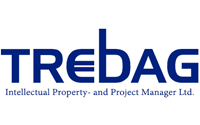
Partner organization
Hungary
TREBAG - www.trebag.hu
Contact person:
Andrea Kovesd
andrea.kovesd@trebag.hu
About Trebag
TREBAG is a Hungarian private company and living lab with a huge network locally and regionally among stakeholders and actors in VET education.

Partner organization
SPEKTRUM - www.sec.ro
Romania
Contact person:
Katalin Ferencz
About SPEKTRUM
SPEKTRUM is an independent, dynamic, non-profit NGO providing formal and non-formal education and training in a rural region of Romania.
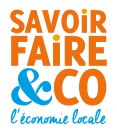
Partner organization
Savoir-Faire & Co- www.savoirfaireco.eu
France
Contact person:
Arnaud Trolle
About Savoir-Faire & Co
Savoir-Faire & Co is an NGO with the main interested in natural resources and ecology, mainly expressed by promoting ecological trades and know-how.
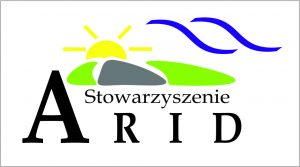
Partner organization
ARID- www.arid.org.pl
Poland
Contact person:
Maciej Dymacz
lacjum@lacjum.org
About ARID
Association for the Regional Initiatives Development (ARID) is a private non-governmental organization oriented on the promotion and development of the idea of lifelong learning.
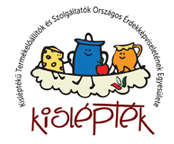
Partner organization
KISLEPTEK- www.kisleptek.hu
Hungary
Contact person:
Katalin Kujani
kujanikatalin@gmail.com
About KISLEPTEK
Kislépték is a non-profit organization that works for local production, preserving traditional local knowledge, cultural variegation, accommodating rural living and self-employment.
Project description
The main target groups of the project are: organizers/animators potentially involved: resuming intellectual women; Employees of LEADER organizations; already existing market organizers; rural development NGO; restaurant suppliers; rural tourism organizers/providers, producers and restarters in rural areas.
The Rural Facilitator project is funded by the European Commission´s Erasmus + programme. The project started in November 2019 and lasts for 2 years. The main aim of the project is to explore the possible ways on how to generate the position of a so-called rural facilitator and to develop the necessary learning materials and training tools to train individuals who intend to take under this new profession in their career.
Project reference number: 2019-1-CZ01-KA202-061270. The project is realized by international partners with various backgrounds (see more in the section “Partners”)
This project has been funded with support from the European Commission.
This communication reflects the views only of the author, and the Commission cannot be held responsible for any use which may be made of the information contained therein.
Project Results
Desk research (IO1/A1) (available only in english)
This desk research points out how local farmers cooperation can be managed, what are the main driving forces of the already functioning farmers’ groups and what are the most relevant competences which are provided by market organisers/facilitators. The analysis concerns the specialities of different organisation way of SFSC to have a wider picture about management processes, the profile of SFSC managers/market organisers and the expectations of local farmers.
Long version of desk research - download document
Short version of desk research - download document
Competence catalogue (IO1/A2) (available only in english)
The competence catalogue defines the current real demand for competencies that need to be acquired by the rural facilitators. The recommendations are based on the results of the survey made in each project country among the project stakeholders.
French best practices for a sustainable business model (IO2/A1) and The existing situation in partner countries (IO2/A2) (available only in english)
This document consists of items´ identification in the French best practices for a sustainable business model and the existing situation in partner countries. The main objective of this document is to facilitate the ownership of good practices in SFSC in France by the partners of the project Rural facilitator and further developer the existing situation of SFSC and the economic situation of the partner countries. It covers IO2/A1 and IO2/A2.
Download documentBusiness model Canvas (IO2/A3) and Business Road Map (IO2/A4) (available only in english)
This document contains Business model Canvas (IO2/A3) and Business Road Map (IO2/A4) for all partners countries. Business model canvas allows you to represent in a single page (called a canvas), the whole of a business model. Business road map is a timeline of future steps in the Rural F project as well as our thoughts on the project schedule.
Business model Canvas and Business Road Map - download document
Handbook - download document
Guidelines and pedagogical methodology (IO4/A1) (available only in english)
Context definition of the whole training, preparing trainers for how to train the facilitators and laying down pedagogical guidelines on main aspects to teach various parts of the thematics to different target collectives. It contains descriptions of modern teaching methods to meet the requirement of new learning needs. It touches upon the concept of constructivism and collectivism and gamification as well as project work and web2.0 tools used in education.
Guidelines and pedagogical methodology - download document
Training toolkit (IO4/A2)
Practical training material with short presentations (e.g.ppts), and corresponding exercises and tasks. It also consist of an entry and a final quiz to test the knowledge of competences of trainees at the beginning and at the end of the training period.
Presentations - download documents (ZIP)
Curriculum (IO4/A3) (available only in english)
A full guide to an organization of trainings for Rural facilitators.
Curriculum - download document
Pilot (IO4/A4) (available only in english)
This outcome was to organise a pilot training for 10 participants (according to application), the pilot report is available and it was used to modify all project outputs.
Pilot report - download document
Quizzes (IO4)
Quizzes to test the knowledge and competencies of trainees at the beginning and at the end of the training period.
Quizzes - download document
The digitalized learning materials containing 6 chapters summarizing the most important topics for the rural facilitators based on the previous surveys.
Other Materials
Newsletter 01/2020
Newsletter 11/2021
Newsletter 10/2021
Newsletter 04/2022








